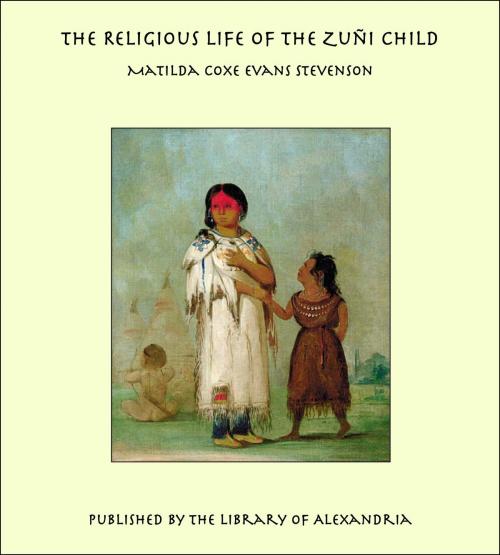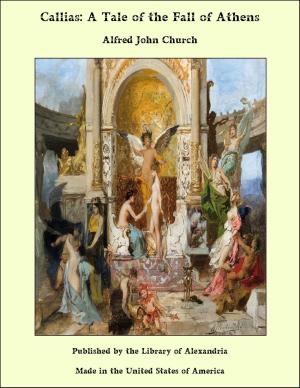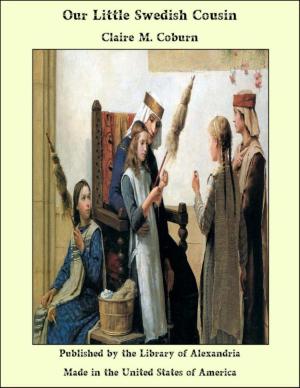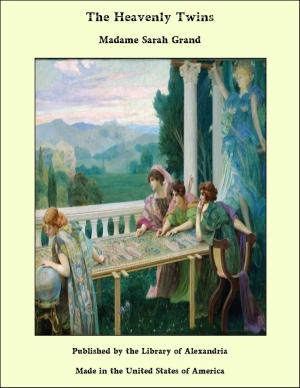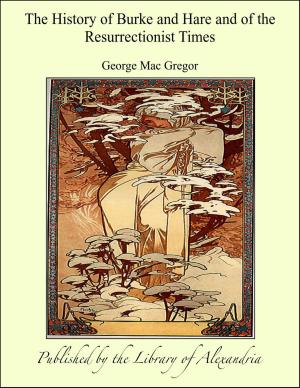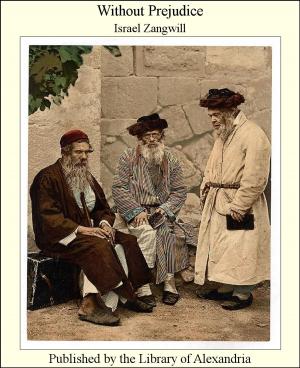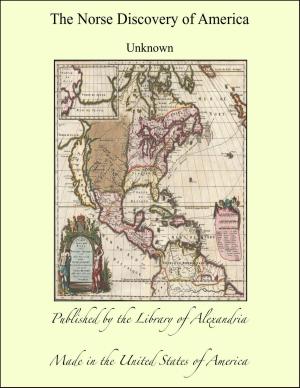The Religious Life of the Zuñi Child
Nonfiction, Religion & Spirituality, New Age, History, Fiction & Literature| Author: | Matilda Coxe Evans Stevenson | ISBN: | 9781465546838 |
| Publisher: | Library of Alexandria | Publication: | March 8, 2015 |
| Imprint: | Language: | English |
| Author: | Matilda Coxe Evans Stevenson |
| ISBN: | 9781465546838 |
| Publisher: | Library of Alexandria |
| Publication: | March 8, 2015 |
| Imprint: | |
| Language: | English |
This is a book which is wanted. Thoughtful men, in every class, are not afraid of theology, _i.e._ of a reasoned account of their religion, but they want a theology which can be stated without conventions and technicalities; they do not at all care for a religion which pretends to do away with all mystery, but they are glad to be assured of the essential reasonableness of the Christian Faith; they do not expect a ready-made solution of the problem of evil, but they wish to see it honestly faced; above all, they want to know how Christian truth bears on the real problems of life; the best of them are not at all afraid of a religion which makes big demands on them, but they know well enough the difficulty of responding to those claims, and their greatest need of all is to find and to use that life and power, coming from a living Person, without which our best aspirations must fail and our highest ideals remain unrealized. These needs seem to me to be satisfactorily and happily met in the following pages. My friend and chaplain, Mr. Rawlinson, has had good means of knowing what men are and what they want. He has had to do with the undergraduate, with officers and men in the Army, and with the ordinary civilian in parish life. He has been able to see the nature and needs of our British manhood at different angles, and he is the sort of man with whom men are not afraid to talk. He has had good opportunity of diagnosing the situation, and this book shows his skill in dealing with it. I do not find myself in agreement with everything in these pages, but when I am conscious of difference of view, I am no less grateful for the stimulus to thought. I am specially thankful that the writer has been so courageous in tackling the most difficult subjects. I know that the author’s one desire is to help men to be more real in their religion. I share his hope, and I believe that this book will do much to accomplish it
This is a book which is wanted. Thoughtful men, in every class, are not afraid of theology, _i.e._ of a reasoned account of their religion, but they want a theology which can be stated without conventions and technicalities; they do not at all care for a religion which pretends to do away with all mystery, but they are glad to be assured of the essential reasonableness of the Christian Faith; they do not expect a ready-made solution of the problem of evil, but they wish to see it honestly faced; above all, they want to know how Christian truth bears on the real problems of life; the best of them are not at all afraid of a religion which makes big demands on them, but they know well enough the difficulty of responding to those claims, and their greatest need of all is to find and to use that life and power, coming from a living Person, without which our best aspirations must fail and our highest ideals remain unrealized. These needs seem to me to be satisfactorily and happily met in the following pages. My friend and chaplain, Mr. Rawlinson, has had good means of knowing what men are and what they want. He has had to do with the undergraduate, with officers and men in the Army, and with the ordinary civilian in parish life. He has been able to see the nature and needs of our British manhood at different angles, and he is the sort of man with whom men are not afraid to talk. He has had good opportunity of diagnosing the situation, and this book shows his skill in dealing with it. I do not find myself in agreement with everything in these pages, but when I am conscious of difference of view, I am no less grateful for the stimulus to thought. I am specially thankful that the writer has been so courageous in tackling the most difficult subjects. I know that the author’s one desire is to help men to be more real in their religion. I share his hope, and I believe that this book will do much to accomplish it
